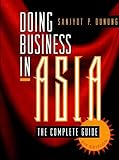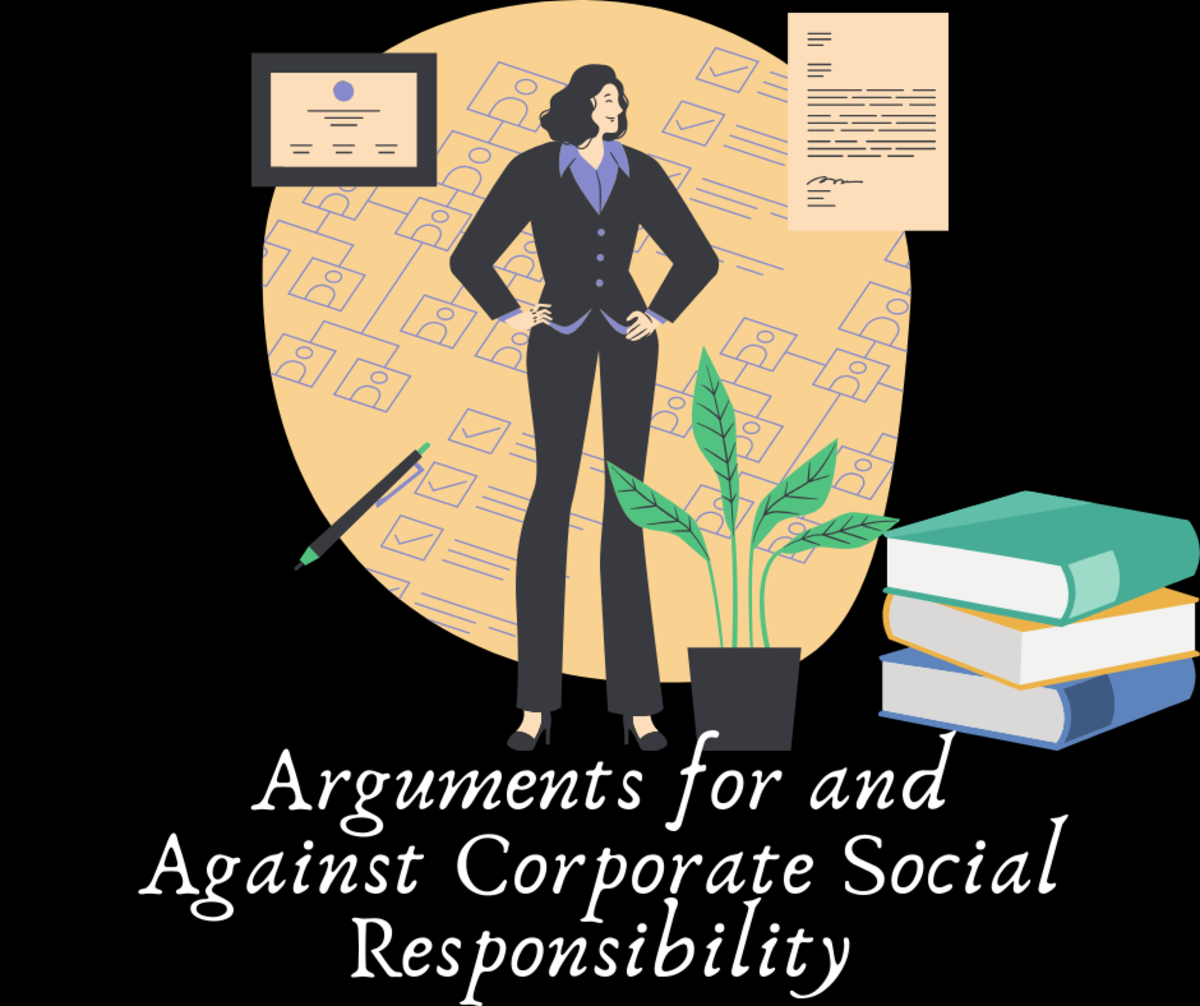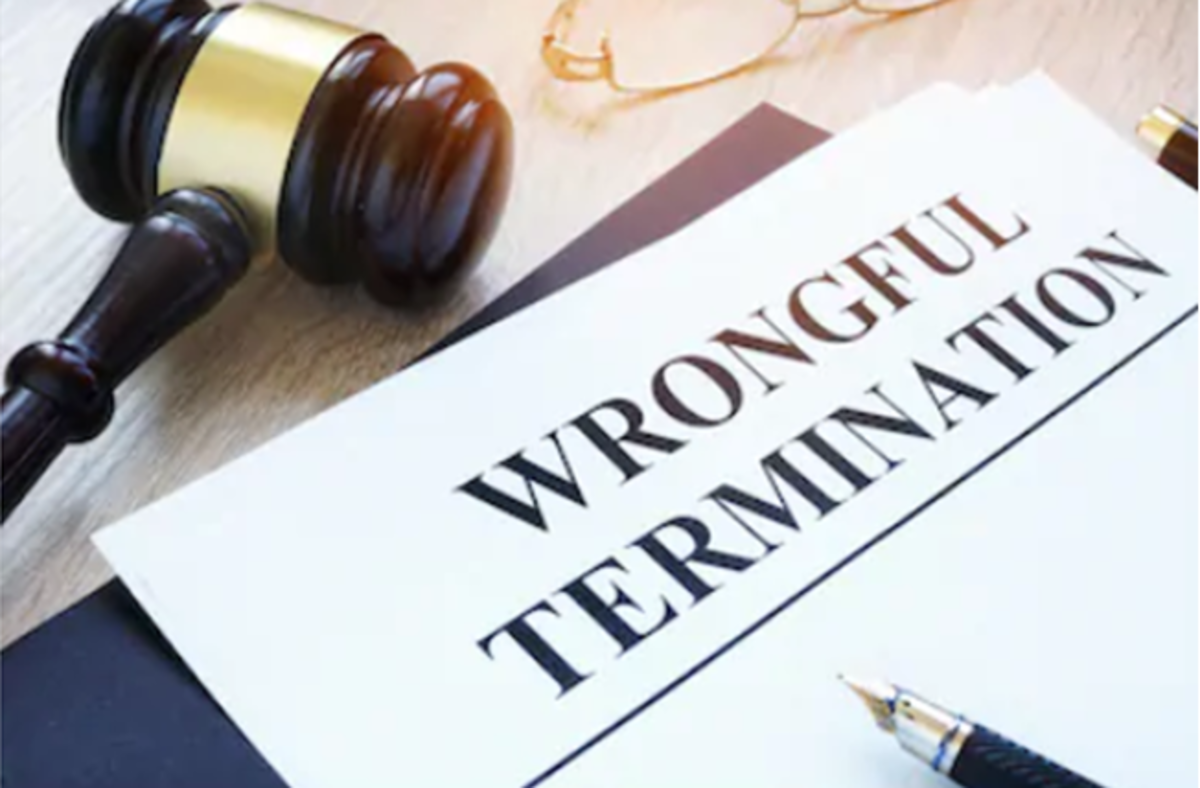Offshore Business: Types of business / companies in Singapore

Doing Business in Singapore 2007
1. Licensing and Registration of Business Organisations
Generally, there is no restriction on the types of businesses that may be set up in Singapore except for some which have to apply for special licences e.g. banks, finance-related companies and manufacturers of goods gazetted within the schedules of the Control of Manufacture Act such as air-conditioners, beer and stout, cigars, firecrackers and steel products.
Every business in Singapore must be registered with the Accounting and Corporate Regulatory Authority (ACRA). This requirement also applies to any firm, individual or corporation, which carries on business as a nominee, trustee or agent for any foreign corporation.
2. Types of Business Organisations
Sole Proprietorships and General Partnerships
All sole proprietorships and partnerships must be registered with ACRA under the Business Registration Act, Cap 32. ACRA must be notified of any changes in the particulars of the proprietor, manager or partners of business firms within the prescribed timeline. Sole proprietorships and general partnerships are not corporate bodies, i.e. sole proprietors and partners of partnerships have unlimited liability for the debts and obligations that arise from the businesses.
Limited Liability Partnerships
A limited liability partnership (LLP) must be registered with ACRA under the Limited Liability Partnerships Act 2005. An LLP is essentially a partnership with limited liability. It is a body corporate and has legal personality separate from that of its partners. The partners of an LLP have limited liability for the debts and obligations incurred by the LLP. An LLP has perpetual succession and any change in the partners of an LLP will not affect its existence, rights and liabilities. An LLP can sue and be sued in its own name. It can acquire, own, hold and develop property and incur debts.
Companies
A limited liability company is the most common form of business entity in Singapore. A limited company is incorporated under the Companies Act, Cap. 50 and registered with ACRA. A limited company may be limited by shares or by guarantee. A company may be registered as a private company if it does not have more than 50 shareholders and its Articles of Association restricts the right to transfer shares. Otherwise, the company must be registered as a public company. A company is a body corporate and has a separate legal personality from its shareholders. The company can sue and be sued in its own name. It can own property and incur debts. The liability of the shareholders, if any, is limited to any amount unpaid on their shares. When the shares are fully paid-up, the shareholders have no further liability to contribute towards the debts of the company.
Joint Ventures
A joint venture may take the form of equity investment in a limited liability company, limited liability partnership or general partnership. Joint ventures are governed by the laws of companies, limited liability partnerships or general partnerships, as appropriate.
Foreign Companies
A foreign company wishing to establish a place of business or carry on business in Singapore may set up a branch. A subsidiary is a new legal entity incorporated under the Companies Act, Cap. 50 whilst a branch is an extension of a company incorporated elsewhere (i.e. the head office). A foreign company or a branch is to be registered with ACRA under the Companies Act, Cap. 50. Whether an overseas corporation is deemed to be carrying on business through a branch in Singapore depends on the nature of the activities proposed. To determine whether the proposed activities will require the registration of a Singapore branch, it is advisable to obtain professional advice from lawyers.
Representative Offices
A foreign company may establish a representative office in Singapore to undertake promotional and liaison activities on behalf of the parent company. A representative office is not permitted to engage in business, conclude contracts, or open or negotiate any letters of credit. It is thus not liable for Singapore income taxes. Approval for the establishment of a representative office must be obtained from International Enterprise Singapore (IE Singapore).
3. Incorporating a Company
Procedures
The reservation and approval of a name for the company is the first step in the incorporation procedure. This is done by submitting the proposed company name and relevant information online at ACRA’s BizFile website together with payment of the requisite fee. Once the name is approved, the incorporation information can be e-filed with ACRA. The company can commence business once it receives an e-notification of incorporation from ACRA, usually, on the same working day of successful e-filing. A hard copy of the certificate of incorporation can be purchased from ACRA for a fee.
With effect from 15 May 2003, a Singapore company can be incorporated with a minimum of one director who must be a natural person of full age and capacity. If the company has only one director, that director must be ordinarily resident in Singapore, that is, he must either be a Singapore citizen, Singapore Permanent Resident or an Employment Pass Holder. If the Singapore company has more than one director, only one director needs to be ordinarily resident in Singapore. Likewise, a company needs to have only one shareholder who may be an individual or a corporate entity. There is no restriction on foreign equity participation in a Singapore company.
There must be at least one company secretary who shall be a natural person and has his principal or only place of residence in Singapore. The sole director cannot act as the company secretary. Every company must have a registered office in Singapore to which correspondence may be sent.
The pre-incorporation procedures for the formation of a public limited company are essentially similar to those of a private limited company. The additional documents to be filed with ACRA are a statement in lieu of prospectus and a statutory declaration of compliance by the director that the company has not issued a prospectus.
In addition to the e-notification of incorporation, a public company has to obtain a second certificate, that is, the certificate to show that the company is entitled to commence business by ACRA.
A public company is required to hold a statutory meeting within a period of not less than one month and not more than three months after the date which the company is entitled to commence business. A copy of the statutory report and the auditors' report, if any, must be lodged with ACRA within 7 days from the date of the statutory meeting.
4. Annual Requirements for Companies
Every company must appoint one or more auditors to report to its members on the accounts of the company unless it is dormant or a small exempt private company (EPC). A dormant company refers to a company with no accounting transactions. An EPC is one in which there are not more than 20 shareholders and none of them is a corporate entity. A small EPC is an EPC whose annual revenue does not exceed the prescribed threshold. The thresholds are as follows:
(i) Financial year commencing on or after 15 May 2003 with revenue of less than S$2.5 million or
(ii) Financial year commencing on or after 1 June 2004 with revenue of less than S$5 million
The statutory audit requirement is removed for dormant companies and small EPCs for financial year commencing on or after 15 May 2003. However, these companies are still required to prepare their financial statements in accordance with the Financial Reporting Standards.
At each annual general meeting (AGM) of the company, the directors of the company are required to present an audited or unaudited (for dormant companies or small EPCs) set of financial statements that gives a true and fair view of the results/affairs for the company in the preceding financial year.
The first AGM of a company must be held within 18 months from the date of its incorporation and thereafter subsequent AGMs must be held once every calendar year and not more than 15 months after the last AGM. The audited/unaudited accounts laid before the shareholders at the AGM should be made up to a date not more than 6 months before the date of the AGM.
A private company may dispense with the holding of AGMs. All matters to be done at the AGM such as laying of accounts, appointment of auditors, etc can be resolved or done via written resolutions.
Every company is required to file its annual return and/or audited/unaudited accounts with ACRA within one month from the date of holding its AGM.
5. Registration of a Foreign Company
Procedures
The first step in the registration of a foreign company in Singapore is to seek ACRA’s approval of the name of the corporation. Once the name is approved, the registration papers and information can be e-filed with ACRA for the registration of the foreign company. The following documents must be submitted for registration:
- A certified copy of the corporation’s certificate of incorporation in its place of incorporation or origin, or a document of similar effect.
- A certified copy of the corporation’s certificate of change of name or a document of similar effect (if applicable).
- A certified copy of its charter, statutes, or memorandum and articles of association or other instrument constituting or defining its structure.
- A list of its directors stating their names, residential addresses, nationalities, passport numbers, occupations and dates of appointment as directors.
- A memorandum of appointment of agents together with an affidavit. There must be at least two agents who must be natural persons, of full age and capacity and resident in Singapore, that is, they must either be Singapore citizens, Singapore Permanent Residents or holders of valid Employment Passes.
- Notice of the location of the corporation’s registered office in Singapore to which all communication and notices may be addressed.
The agent of a foreign company is answerable for the execution of all acts and matters as required to be done by the foreign company under the Companies Act, Cap. 50 and is personally liable for any penalties imposed on the foreign company for any contravention.
6. Annual Requirements for Foreign Companies
A branch of a foreign company has to e-file its audited financial statements comprising the balance sheet, income statement and cash flow statement. In addition, the branch is also required to e-file the audited financial statement of the corporation based on the reporting requirements in its country of incorporation (i.e. the head office). If the laws in that country do not require audited financial statements, financial statements according to Singapore requirements can be used instead.
The financial statements of the branch and the corporation are to be e-filed with ACRA within 2 months of the date of the AGM of the corporation. If the corporation is not required to hold an AGM in its country of incorporation and to prepare its balance sheet, it shall e-file with the Registrar a balance sheet (in such form and containing such particulars and annexed thereto such documents) as if it were a public company incorporated in Singapore within 7 months from the date of its financial year end. The company may, however, apply to the Registrar in writing for an order relieving the foreign company from the requirements of the Companies Act, Cap. 50 relating to the form and content of the accounts or report.
In addition to the annual filing requirements, the branch is required to e-file any changes in the particulars of the corporation with ACRA, that is, any change of directors and their particulars, change of capital, amendments of its constitution or change of local agent.
7. Registration of a Limited Liability Company
Procedures
To register an LLP, the following information must be submitted to ACRA electronically:
- The proposed name of the LLP, its proposed principal activities and registered address
- The name and personal particulars of each partner and if the LLP partner is a corporate entity, the name of the company, registration number, date of registration, registered office, country of incorporation/registration and personal particulars of the authorised representative
- The name and personal particulars of the resident manager
At least one resident manager has to be appointed and his role is prescribed by the LLP Act. He is answerable for the execution of all acts and matters as required to be done by the LLP relating to annual declaration of solvency/insolvency, the publication of name and limited liability and the registration of changes in the particulars of the LLP. The manager is also personally liable for all penalties imposed on the LLP for any contravention of those sections unless he satisfies the court hearing the matter that he should not be liable. In addition, the manager is responsible for submission of the Partnership Tax Return to the Inland Revenue Authority of Singapore (IRAS).
8. Termination of a Business
Sole Proprietorships and General Partnerships
Sole proprietors and partners may apply to ACRA, on payment of a prescribed fee, to terminate the business.
Limited Liability Partnerships
A Limited Liability Partnership may be terminated in the same manner as companies below.
Companies
Companies may be terminated by court order, voluntary liquidation or making an application to ACRA for strike off. The company itself, creditor, contributory, judicial manager or the Minister may make an application to the High Court for the winding up of the company. Circumstances where a company may be wound up by the court include the instance where the company is unable to pay its debts.
Shareholders intending to wind down the business in an orderly manner may liquidate the company voluntarily by way of members’ voluntary liquidation (where the company is solvent) or creditors’ voluntary liquidation (where the company is insolvent). A person known as the liquidator is appointed to handle the legal procedures of liquidation. The company’s assets are normally turned into cash to settle outstanding liabilities before returning any surplus to shareholders.
In the case of strike off, the business is terminated without liquidating the company. The company has to obtain tax clearance from the Inland Revenue Authority of Singapore and meet other stringent requirements of ACRA before the company may apply to ACRA for strike off.
9. Dispute Resolution
There are several avenues to resolve civil disputes in Singapore including:
Mediation
Mediation is the case where a neutral party known as the mediator helps to negotiate with parties to resolve their disputes amicably. Mediation is ideal for parties who wish to maintain their business relationship where success hinges on the parties’ desire to reach an amicable settlement. The Singapore Mediation Centre provides such mediation services.
Arbitration
Arbitration is the case where one or more impartial persons known as arbitrators will make a final and binding decision based on the submission of parties who are in dispute. This is a consensual process and the trial and hearing are conducted in private. The Singapore International Arbitration Centre provides international and domestic commercial arbitration services.
Litigation
Litigation is the traditional dispute resolution method by going to trial at a court of law. The Singapore Court is relatively efficient and has introduced advanced information technology such as electronic filing and videoconferencing to allow witnesses outside Singapore to testify in court. Court judgment is only enforceable in Singapore and countries where there is reciprocal enforcement of judgments.









